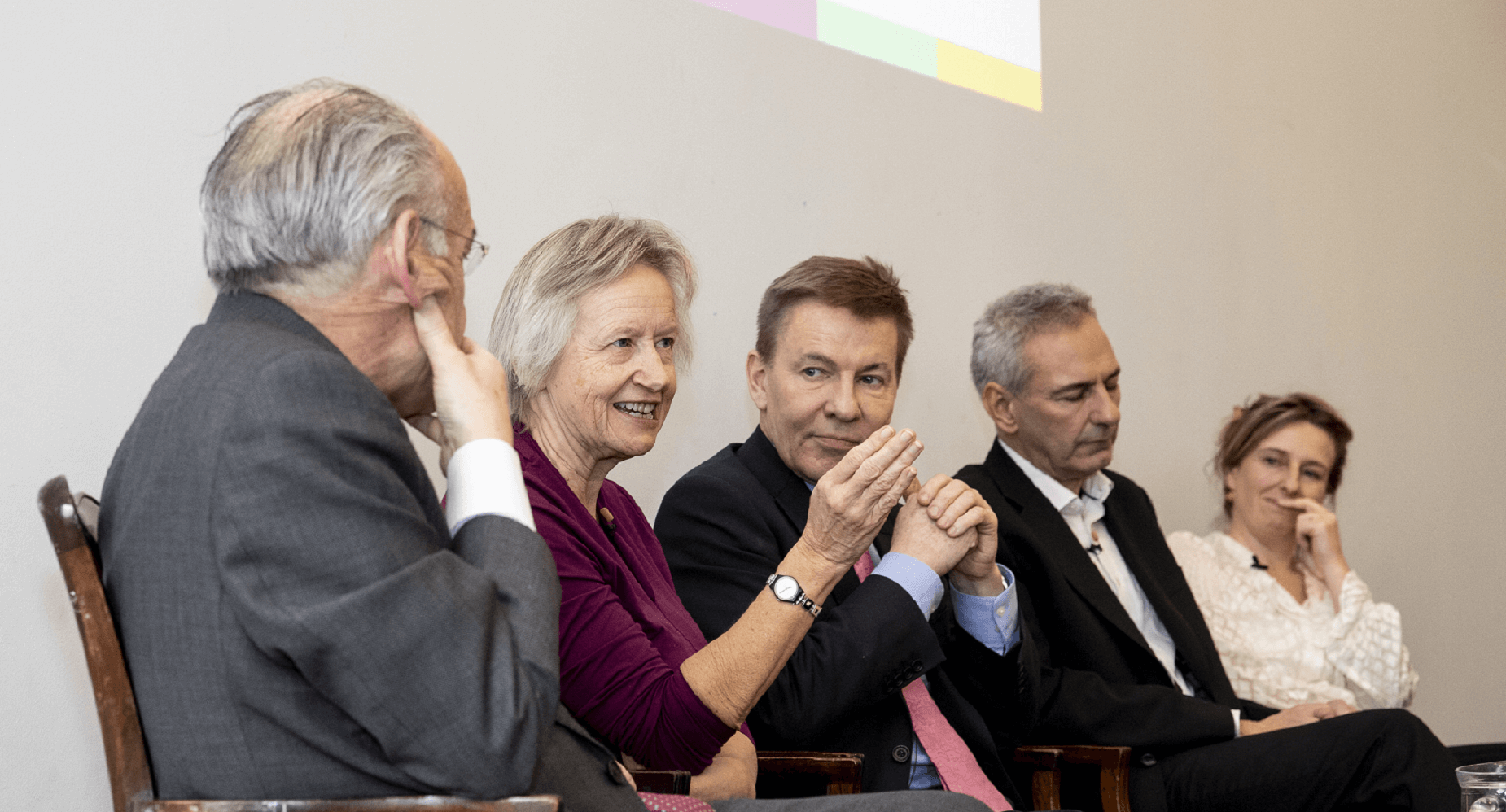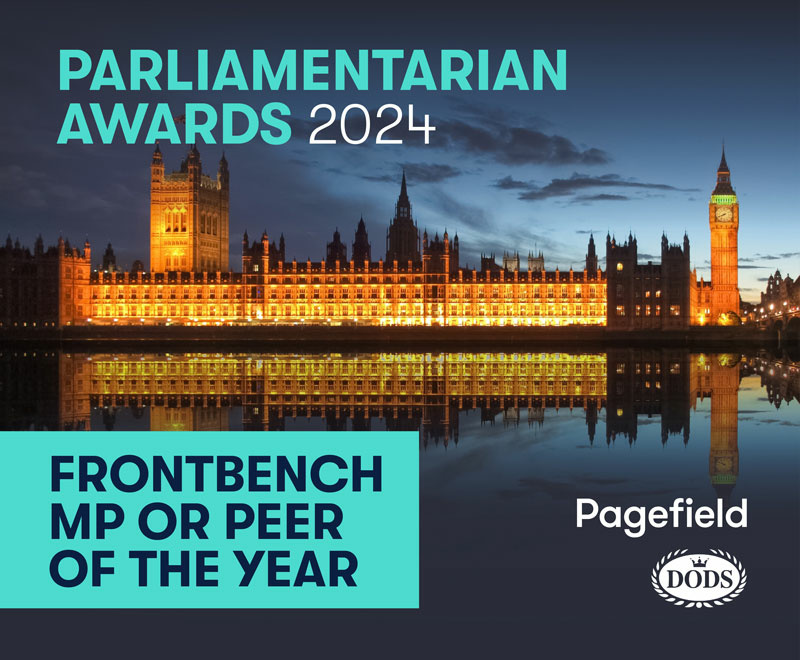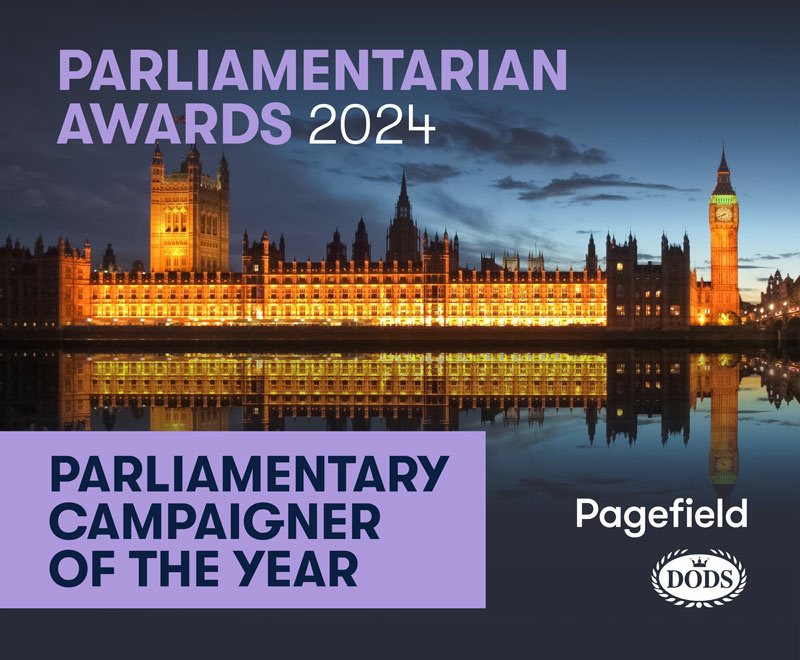This year’s General Election was historic, with the Tories winning their largest majority since 1987. From Workington to West Bromwich East, Boris Johnson’s Conservative Party turned long-held Labour seats blue for the first time in decades – effectively redrawing the political map of the United Kingdom.
While the last few ballots were still being counted, we invited Jill Rutter, Andrew Pierce, Miranda Green and Kevin Maguire, with Alastair Stewart chairing, to pick through the result. Here are five things we learned.
1. The People’s Gove-rnment
As discussion turned to the how, what, why and who of our new Government, panellist Jill Rutter reminded us that we have yet to see what Boris Johnson governing in the traditional sense really looks like. Rutter told the room that since his election by members in the summer, Boris has been campaigning – not governing – as he sought to get a Brexit deal through Parliament, and subsequently, win a majority at a General Election.
With the job done, and campaigning over, what next? Early indications are that Boris is committed to the One Nation Conservatism cause, delivered by what he called the “People’s Government”, in a conciliatory victory speech on the steps of No 10. The Prime Minister said: “what are we going to do with this extraordinary majority? We are going to unite and level up”.
And who does Boris choose to drive this forward? There was a consensus among our panellists that Michael Gove, who the PM relied on for many a broadcast appearance during the campaign, is in the running for a big role.
2. Anyone but Corbyn
The time-honoured tradition of Corbyn-supporters blaming everyone but Corbyn started almost immediately after the exit poll was announced on Thursday night. Paul Mason even appeared to blame the electorate, while Corbyn’s post-election op-ed for the Observer claimed that he had “won the argument“.
However, as we heard from our panellists, commentators on the campaign trail and even a member of Corbyn’s shadow cabinet, Corbyn was hugely unpopular in many key constituencies. Kevin Maguire said that it was Corbyn and Brexit which hurt the Labour Party on the doorstep, in that order, while Miranda Green said that two slogans decided the election: “Get Brexit done” and “F*** off and join the Tories“.
3. Momentum for a new direction?
The panel agreed that the scale of Labour’s defeat may at least be enough to prompt leadership change but there is a big question mark over where this process will lead. Kevin Maguire is confident that the Party could get back on track, reminding the audience not to underestimate the willingness of parties to “win and be pragmatic” when they have suffered so many consecutive defeats.
With Labour confirming on Sunday night that Corbyn’s successor will be elected by the end of March, jostling for the top job has already begun. Friend of the Corbynite faction Rebecca Long-Bailey is the current favourite, while other contenders such as Lisa Nandy, who was a guest on this weekend’s The Andrew Marr Show, will fancy the chances of her pledge to take the party in a new direction. What the panellists at Friday’s event did agree on was that it was likely to take a considerable amount of time for both Labour and the Lib Dems to rebuild.
4. The end of the road for remain
Based on the campaign run by the Conservative Party and the scale of their subsequent majority, it is difficult to see where the anti-Brexit movement goes next. As Andrew Pierce cheerfully pointed out, Boris Johnson’s mandate for the Brexit deal he agreed is now irrefutable. It is true to say that the “remain parties” pulled in a significant share of the vote and there has been speculation that the Prime Minister might soften his Brexit proposition now that he is no longer beholden to the ERG, but our panel was not convinced.
With the hopes of a second referendum dwindling fast – and even Andrew Adonis admitting over the weekend that the Remain project has failed – the next challenge will be delivering on trade negotiations. As a former senior civil servant, Jill Rutter was buoyant about the ability of officials to deliver on the domestic agenda but an FTA with the EU in 11 months still appears unrealistic.
5. Uncivil disunion
Another insight we took away from Friday’s panel is what a thumping Tory majority could mean for the Union (and the implications of an SNP landslide on a second Scottish independence referendum).
However, it’s not just the Union between Scotland and the rest of the United Kingdom that is under strain. As Jill Rutter and Alastair Stewart both noted, the creation of a regulatory and customs border in the Irish Sea will have profound implications for Northern Ireland. Not only that, the province elected more Irish nationalists to the UK Parliament than pro-British unionists, a first since the partition of Ireland in 1921. Calls for a united Ireland are likely to grow louder.
While Johnson pursues his One Nation agenda, cracks are beginning to show which could mean our four-nation United Kingdom tears itself apart.




